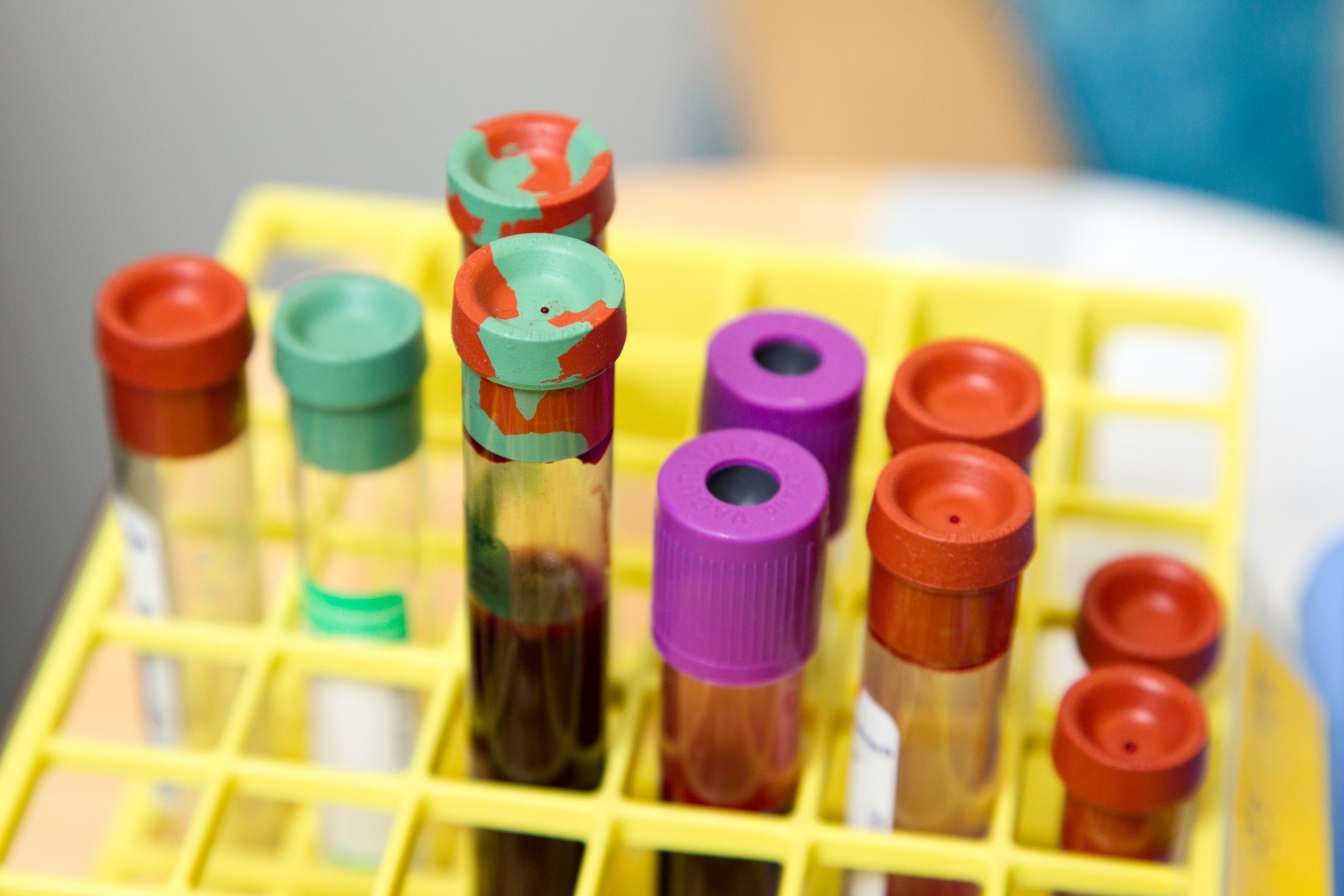If you have been referred to an endocrinologist, the likelihood is that you have some kind of symptom which relates to your hormone production. Endocrinology covers a vast amount of conditions, so don’t worry if you’re not sure what to expect from a visit!
Here is a great primer on what endocrinology can cover. It even has sections geared towards students and teachers to help younger patients understand what’s going on in their bodies. It’s been created by the Society of Endocrinology so you can feel confident in the information it gives out. But back to your visit.
Upon Arrival
You should have a vague idea of why you were referred to see an endocrinologist before your appointment. Once you arrive at your appointment it is common for your doctor to ask some questions about medical history, symptoms, and so on – sometimes these questions may not seem relevant to you, but rest assured that there will always be a reason behind them being asked.
The questions you will be asked will depend on many things: your biological sex, your symptoms, your medical history and your family’s medical history amongst other things. There is a wide range of endocrine conditions, so don’t be alarmed by the questions your endocrinologist is asking; they’re just trying to better understand what issue your body may be going through.
A tip for your visit is to prepare any questions that you may want to ask your endocrinologist. This is helpful for you and for them, and can often speed up the process!
At any part of the visit you should feel comfortable in asking your endocrinologist for information on what they are doing and why. Many private healthcare providers offer tailored care packages for patients visiting the endocrinology department. Onewelbeck.com, for example, offers follow-up consultations in order to discuss tests and diagnoses and arrange meetings between patient and doctor before any tests are taken.
Tests
After initial questioning, you may be asked to undergo some tests. Common tests used by endocrinologists to diagnose conditions include taking blood or urine samples, physical examinations, and checking heart rate and blood pressure.
The tests that you may be asked to do also depends on your reason for being referred to an endocrinologist. Because endocrinology refers to the endocrine system, which is what controls our hormones, your reason for referral could be any number of things. Most common is hormonal imbalances which can lead to PCOS (polycystic ovary syndrome) in women, thyroid diseases, and diabetes.
Diagnosis and Treatment
Once tests have been conducted, your endocrinologist will discuss your diagnosis and subsequent treatment with you. This is your perfect opportunity to ask questions relating to your diagnosis, such as treatment options, what to expect, and side-effects to name a few. Sometimes, following a visit and testing, your doctor will discharge you without the need for further treatment. Otherwise, you can expect a treatment plan or a referral to surgery in some instances.
The treatment plan that your endocrinologist suggests depends on your diagnosis and your preferences. This part of the visit is very important because your understanding of the diagnosis and treatment depends on it. If there is anything that you’re unsure about, or if you have any concerns, it is a good idea to mention these to your doctor before beginning any medical treatment.








